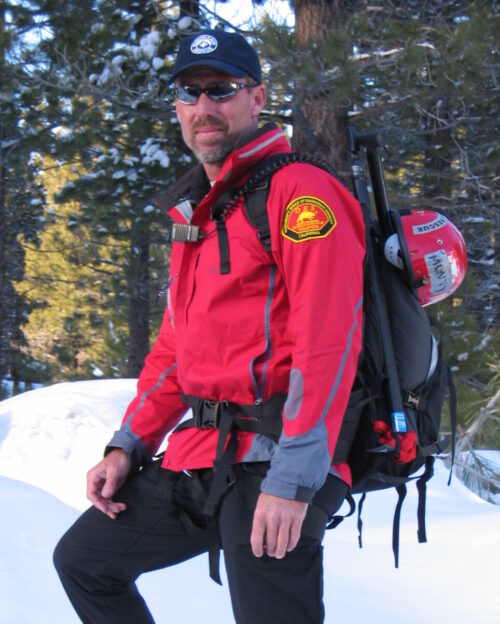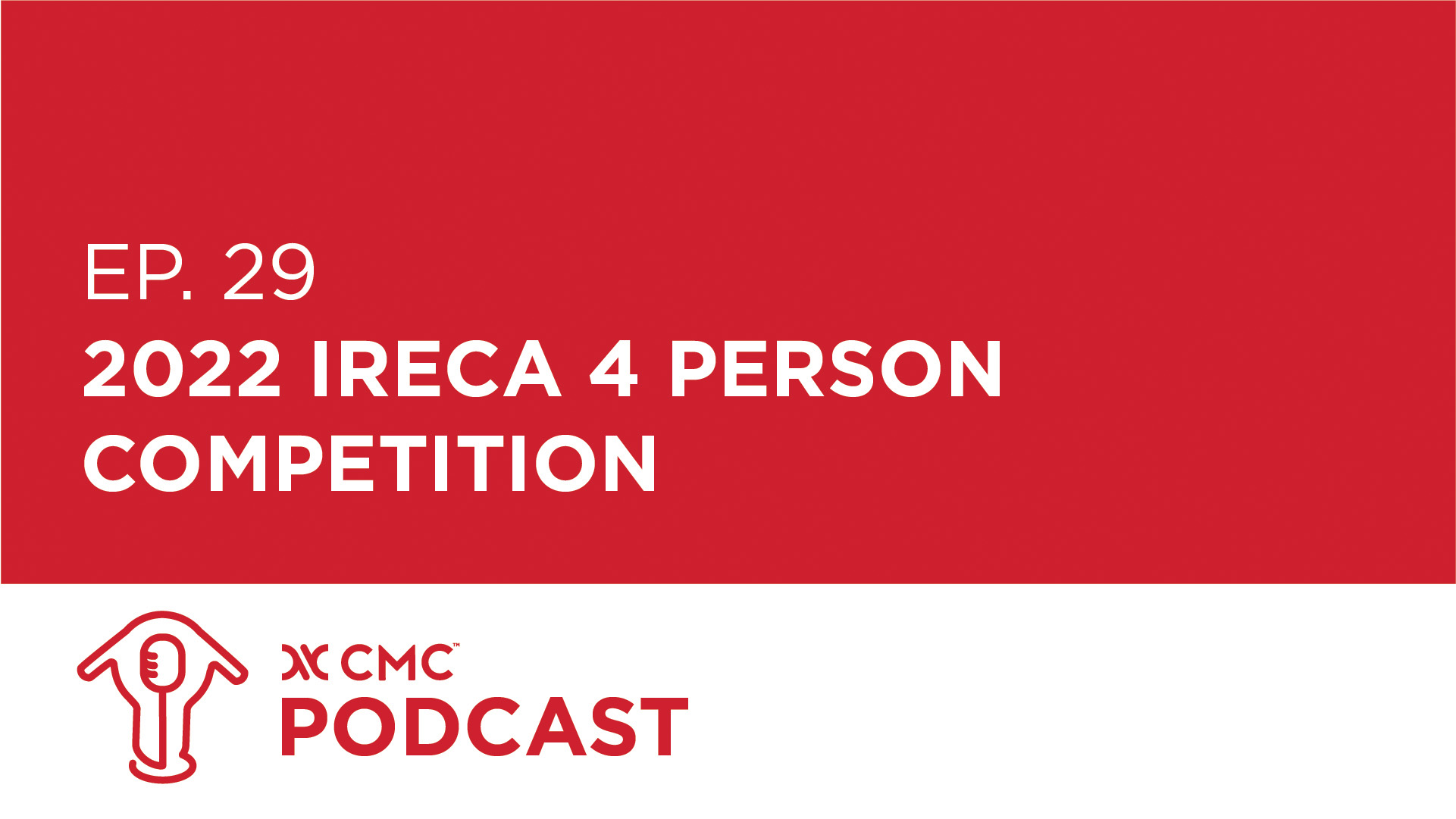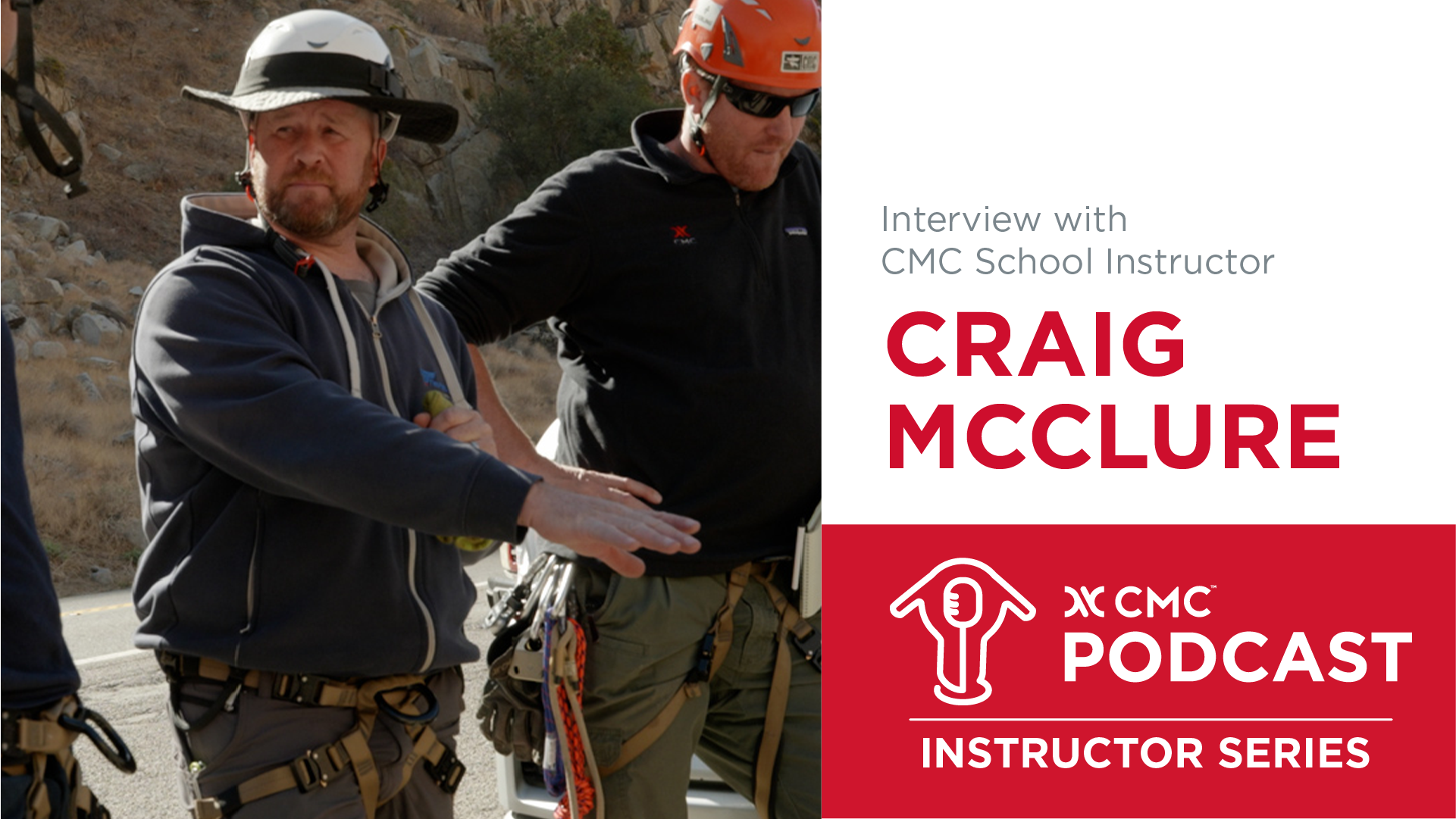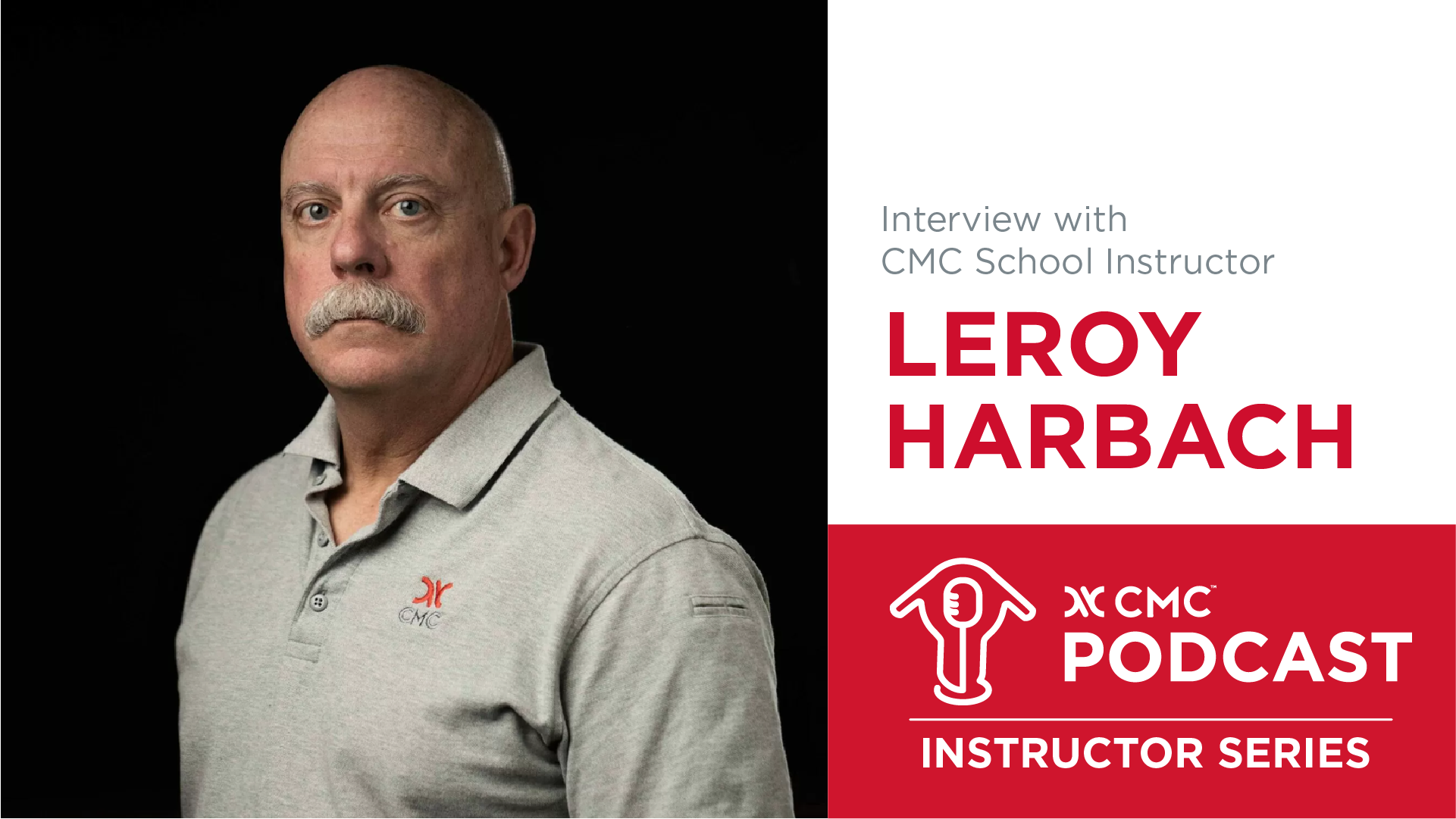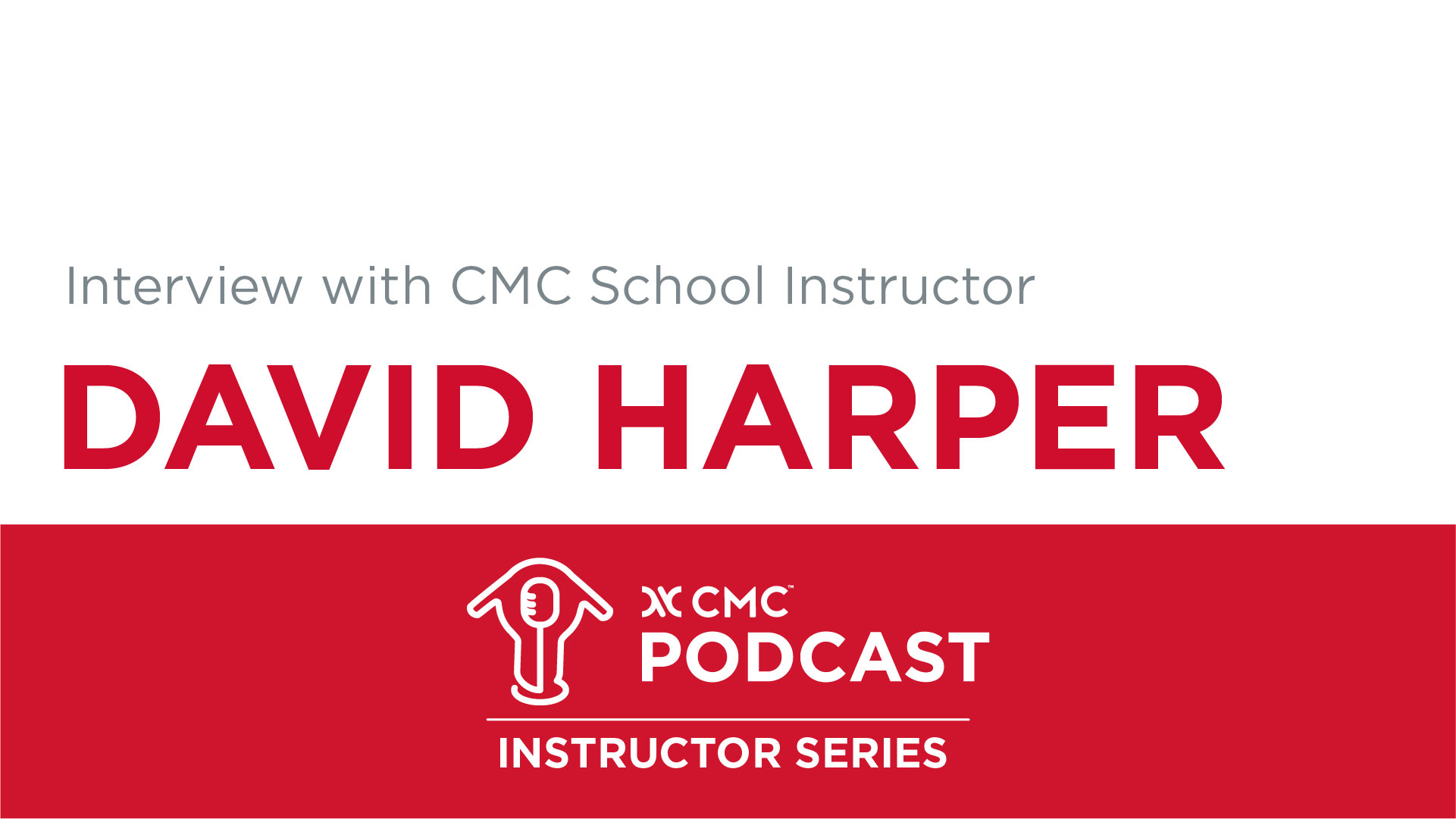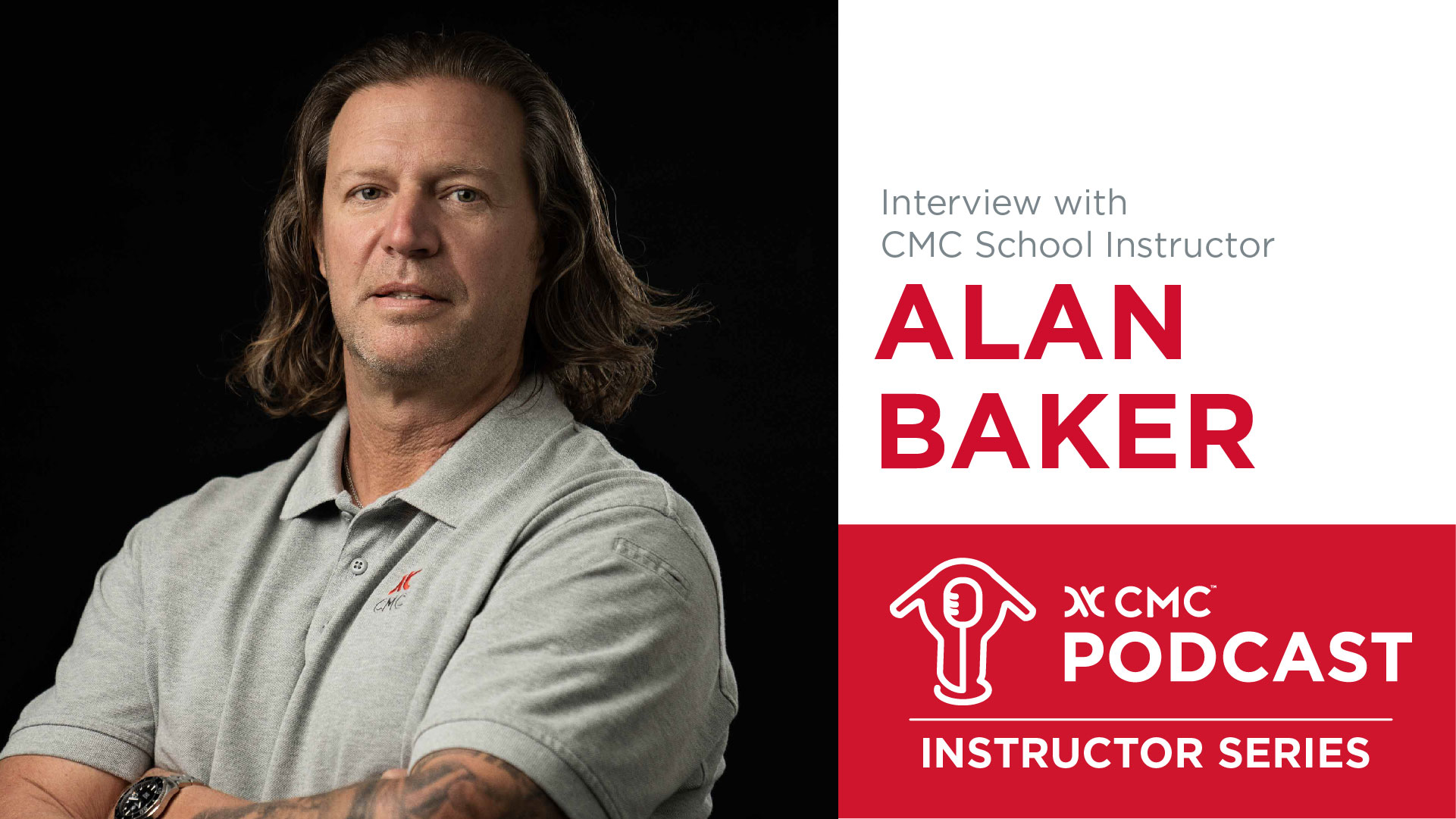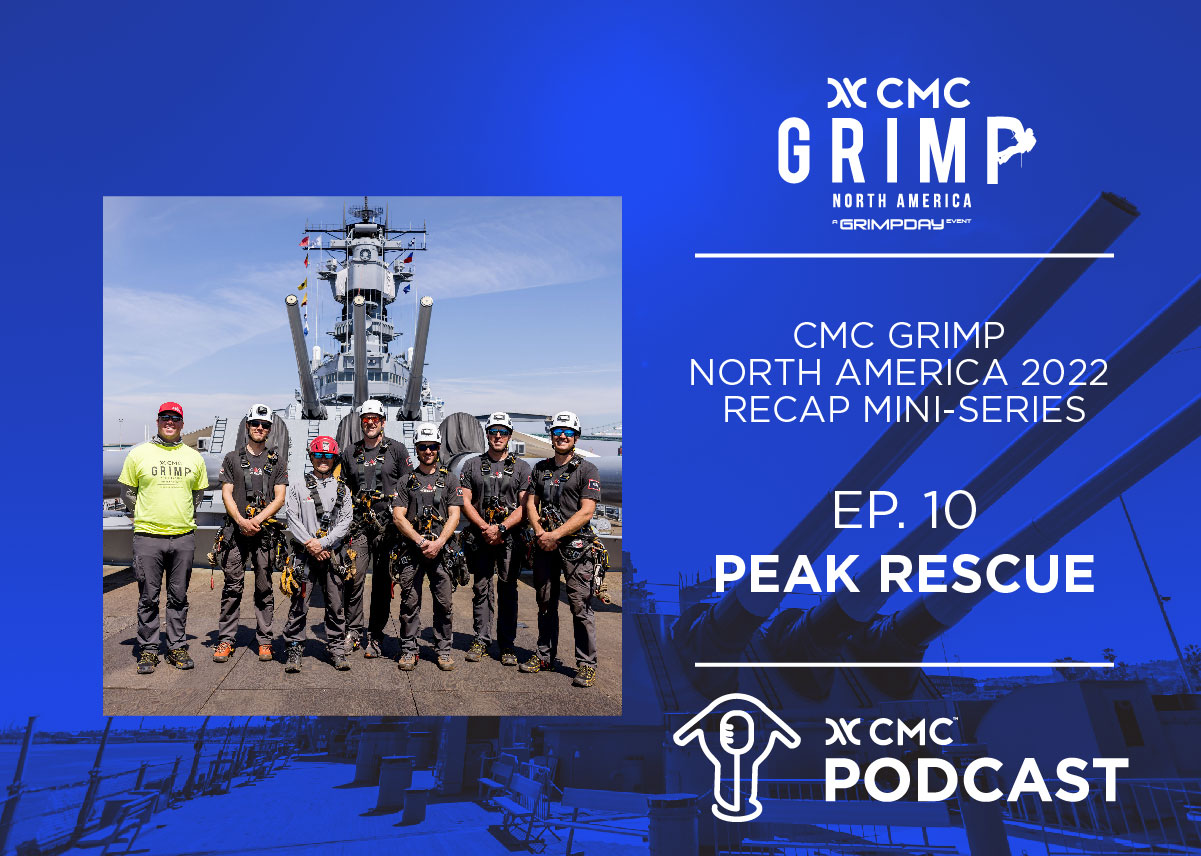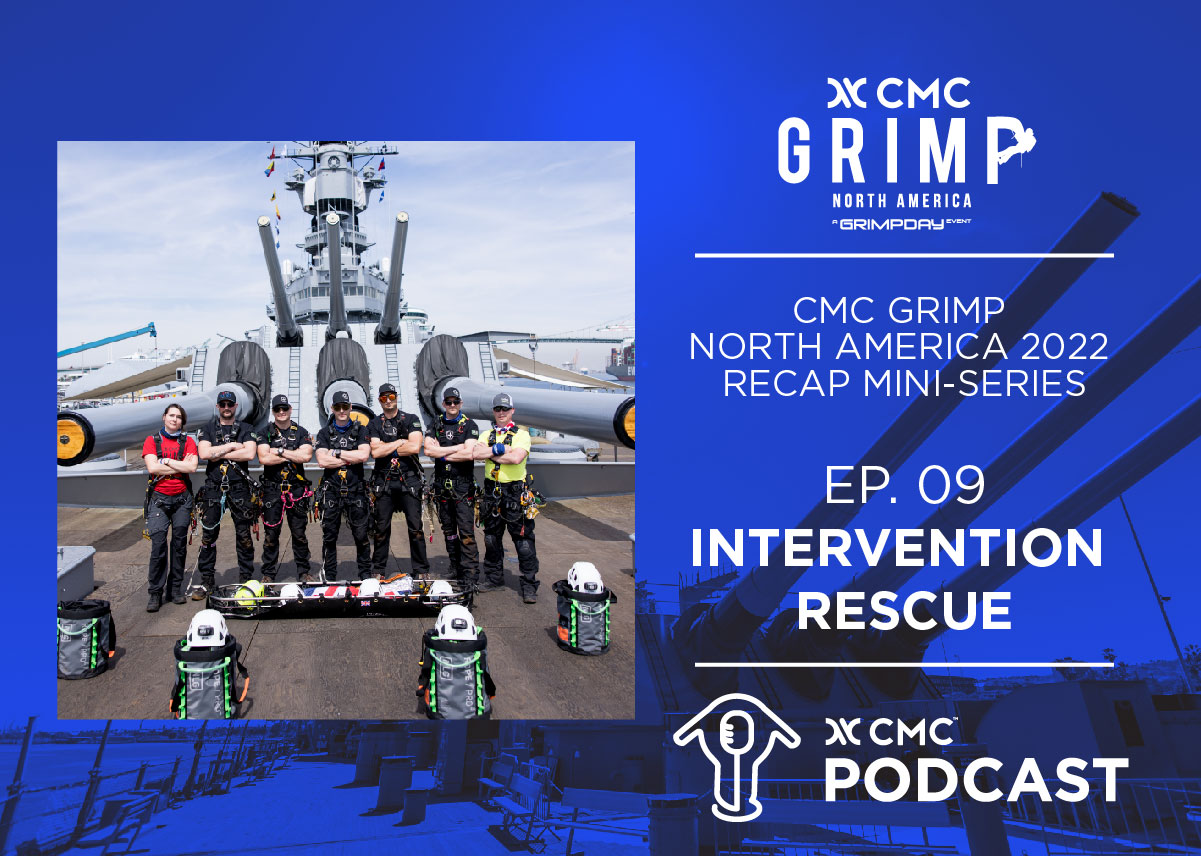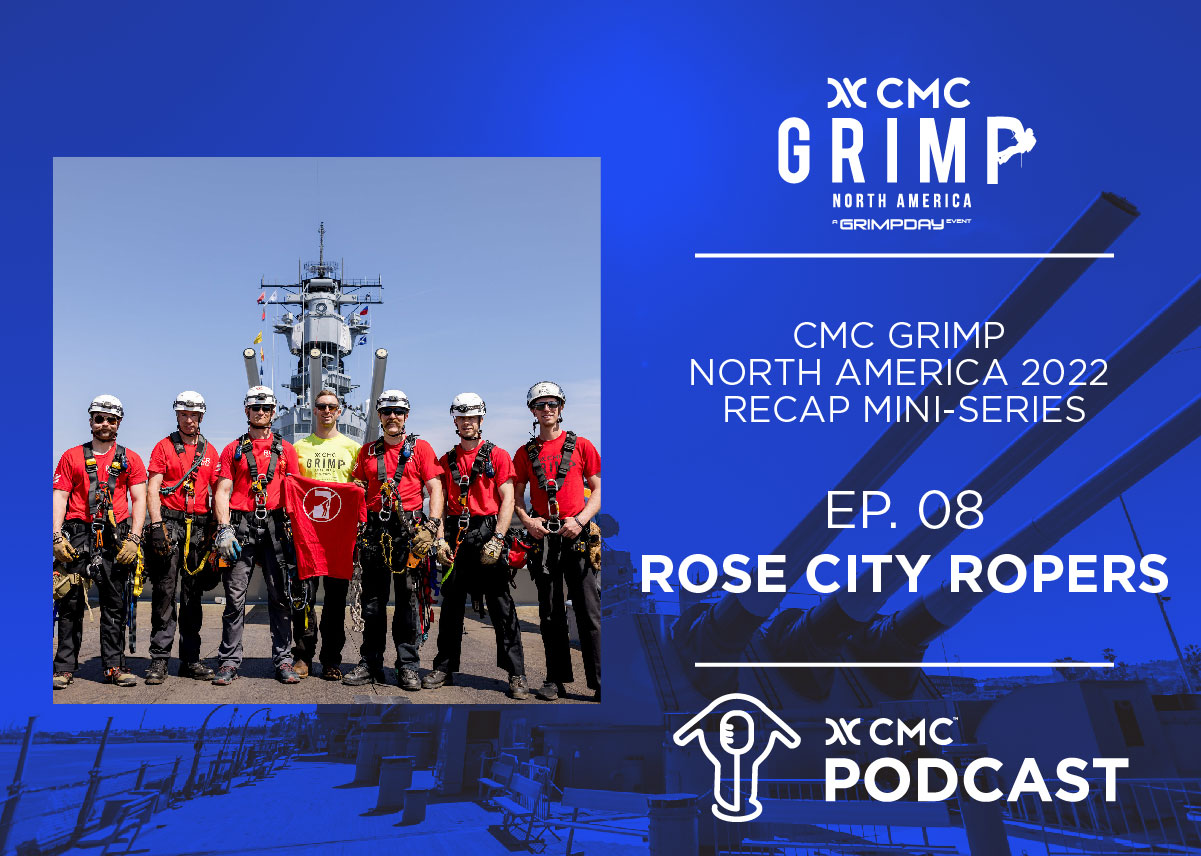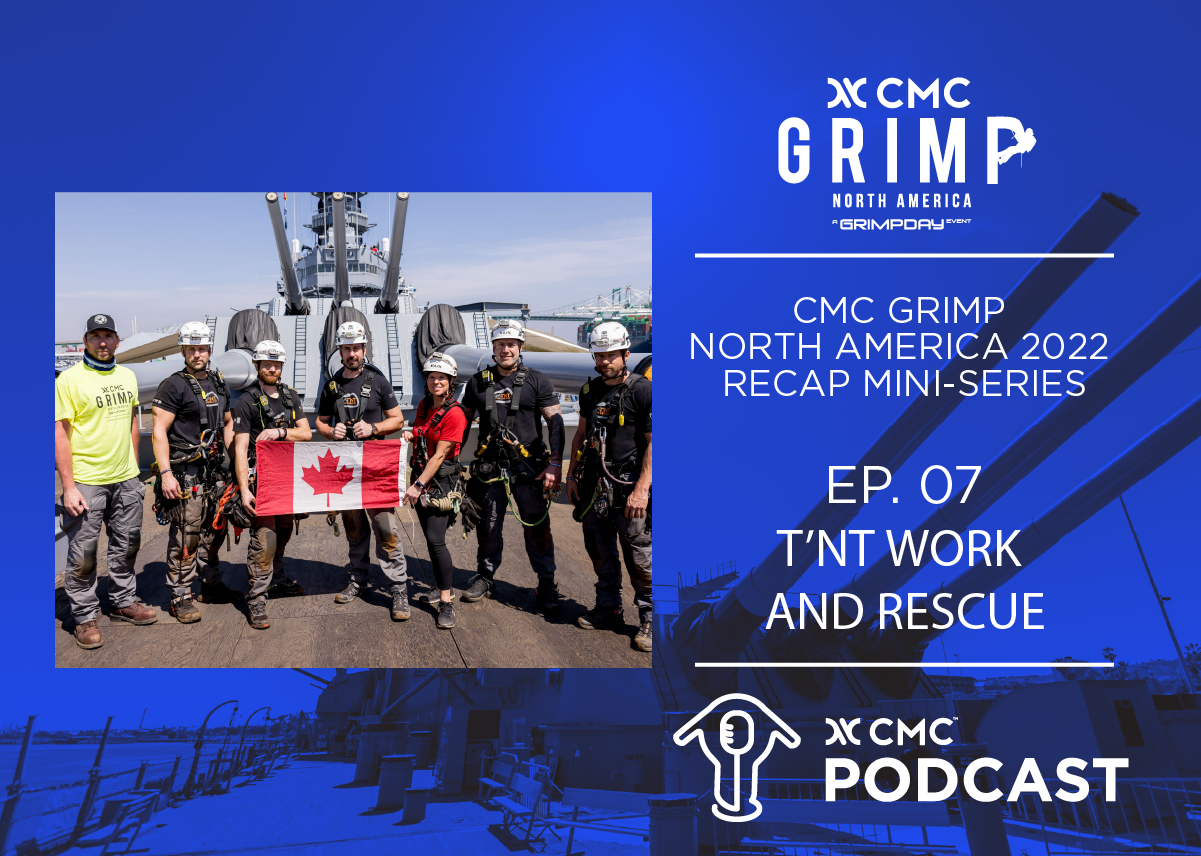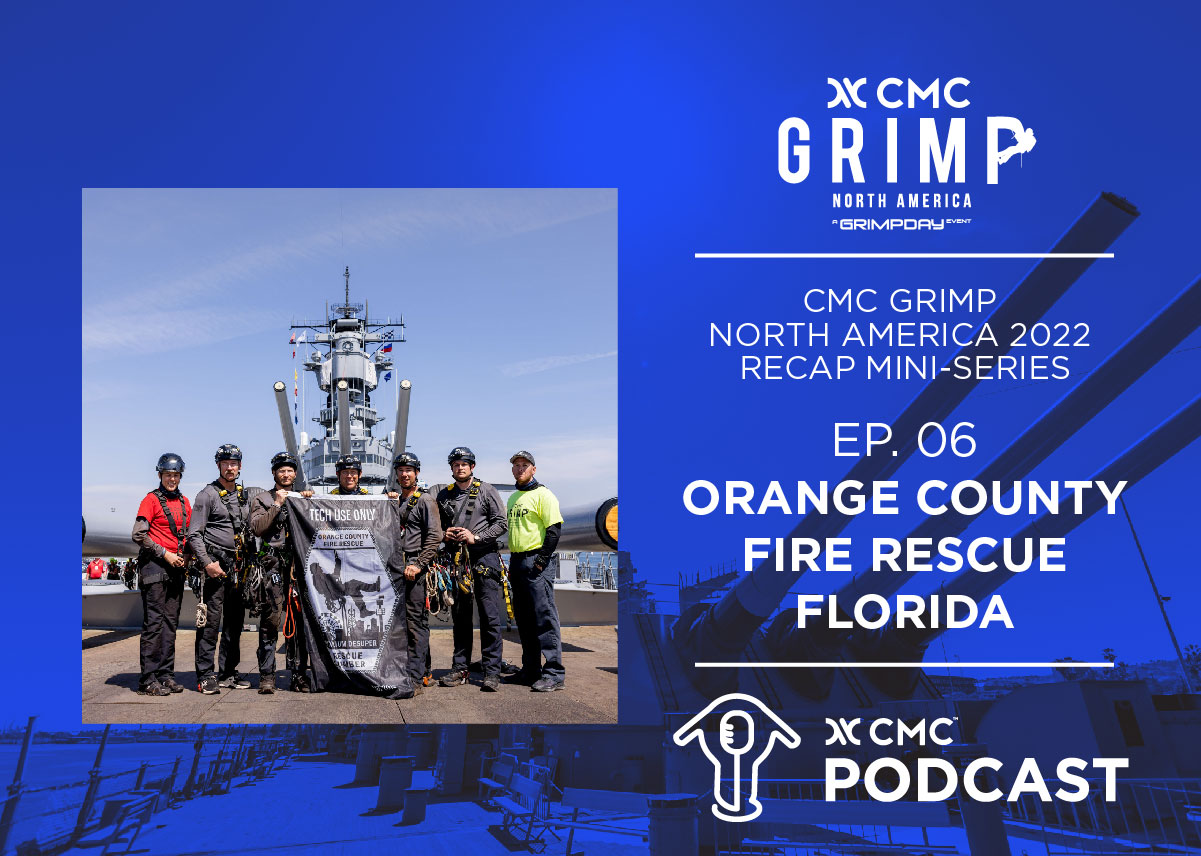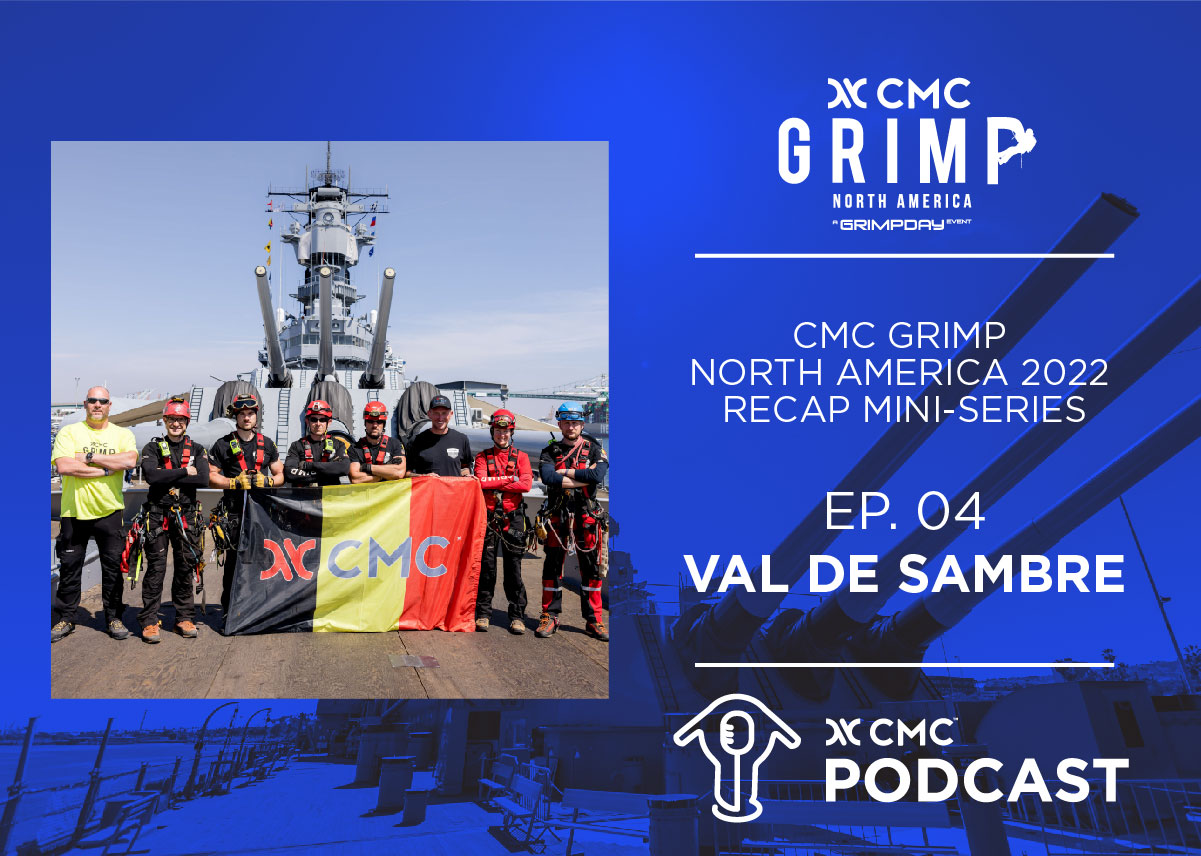
Episode 23 - MRA Part II
Contributors in this Episode
Summary:
MRA (Mountain Rescue Association) is an organization of teams dedicated to saving lives through rescue and mountain safety education founded in 1959 by a group of mountaineers near Mt Hood in Portland, OR. Today MRA is made up of over 90 teams consisting of over 3,000 members. In this episode Doug McCall (President), Monty Bell (Statistics Chair), and Doug McElmury continue the discussion from episode 20 covering standards and the different types of training the MRA offers.
Topics Discussed:
We apologize for some background chatter in the first several minutes of this episode. It is cleared up after 5:30
1:35 Standards as they relate to the MRA.
15:30 To prepare for accreditation and make sure teams mission ready, what types of training does the MRA offer?
23:38 What was/is MRA’s role in NATRS (North American Technical Rescue Symposium) which is now ITRS?
31:38 How is MRA involved with ICAR (International Commission of Alpine Rescue)?
37:55 Closing statements.
Join the Conversation
We appreciate listener feedback. Please let us know if you have any questions or topics you’d like covered in future episodes of the CMC Podcast. You can also email us at podcast@cmcpro.com
Important Warning
- Many of the activities discussed in this podcast pose a very substantial risk of serious injury or death.
- Products and techniques discussed in this podcast are intended for use by specially trained professionals.
- Technical rescue, rappelling, climbing and the training involved are very hazardous activities. Each situation has its own unique conditions and must be evaluated by those present. Effective risk management comes from experience, proper training and good personal judgment.
- CMC is not liable for any damages arising from abuse or improper use of the techniques or equipment discussed in this podcast.
- Topics discussed are the ideas and opinions of each individual.
- Department protocol and regulations should always take precedent.


